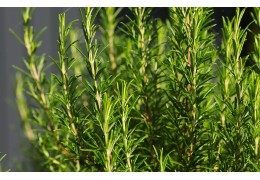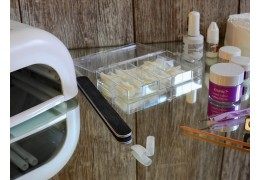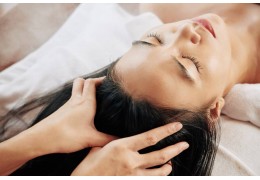Blog categories
Search in blog
Popular posts





Featured posts






Summer is a season that many look forward to, synonymous with vacation, beach and sun. But this period can also rhyme with the appearance of sun spots on the skin if rigorous precautions are not taken. So, can you avoid sun spots in summer? Here are some tips and advice to help you protect your skin from UV rays.
Sunspots, also called solar lentigines, are caused by excessive sun exposure. They usually appear on the most exposed areas, such as the face, hands or décolleté. These brown spots are often benign, but they can be invasive and cause aesthetic problems.

Due to exposure to the sun, melanin (the pigment responsible for coloring our skin) accumulates in certain skin cells, thus causing the appearance of these brown spots. People with fair complexion and sensitive skin are generally more prone to this phenomenon.
In addition to sun exposure, several factors can influence the propensity to develop sunspots. Family history plays an important role. If your parents or other family members have had sunspots, you may be more predisposed to developing them as well. In addition, certain medical conditions, such as Peutz-Jeghers syndrome, can increase the skin's sensitivity to the sun and promote the appearance of spots.
While sunspots are generally harmless medically, they can have psychological repercussions for some people. Aesthetics are important to many, and sun spots can be cause for concern, leading to lower self-confidence and a sense of self-consciousness. This can lead to constant searches for treatments to lessen or eliminate them.

Continuous research in the field of sun protection has led to the development of more advanced products. Sunscreens now offer a range of sun protection factors (SPFs) for different levels of exposure, and some formulations include specific ingredients to block UVA rays, which are responsible for premature skin aging. Additionally, textiles with built-in UV protection have grown in popularity, providing an additional barrier against harmful rays.
In addition to external methods of protection, diet can also play a role in preventing sun spots. A diet rich in antioxidants, such as vitamins C and E, can help boost the skin's ability to fight the damaging effects of free radicals generated by exposure to UV rays.
Hormonal fluctuations, such as those that occur during pregnancy, can make the skin more sensitive to the sun and increase the risk of developing sun spots, also known as "sun spots". pregnancy" (melasma). In these cases, sun protection and attention to sun exposure are particularly important.
It is important to note that while sun protection is essential to prevent sun spots and skin damage, moderate sun exposure is also necessary to allow the skin to produce vitamin D< /strong>. Vitamin D is crucial for bone health, the immune system and other bodily functions. However, it is recommended to strike a balance between sun exposure for vitamin D and protection against skin damage.
Fortunately, there are several ways to prevent the appearance of sun spots in summer:

In addition to these prevention tips, there are natural tips to prevent the appearance of sun spots:
If you already have sun spots on your skin, here are some treatments that can help you reduce them:
By following these tips and tricks, you can minimize the appearance of sun spots in the summer and keep your skin beautiful and healthy. Don't forget that prevention is the key to avoiding these sun-related skin problems.